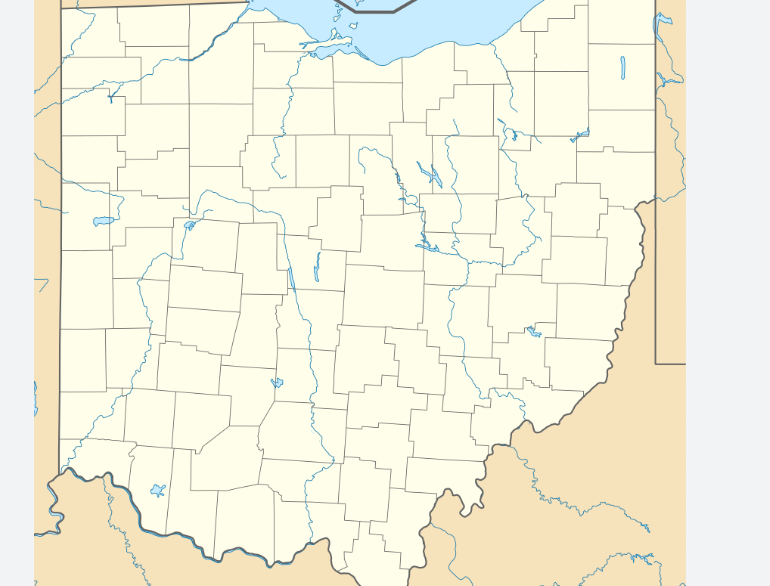Two Lawsuits challenge Ohio's abortion regulations
State supreme court races could determine how extensively its abortion rights amendment protects access
Two lawsuits challenging abortion restrictions arose in Ohio in the wake of the constitutional amendment that passed in November.
The ACLU and Planned Parenthood have taken a stand, announcing their intent to file a complaint questioning the 24-hour waiting period currently enforced in the state. Another lawsuit challenged a six-week ban implemented following the Dobbs decision. To shed light on these legal developments, I turned to the insights of Jonathan Entin, a respected professor at Case Western Law School.
Entin told me the most intriguing part of the cases dealt with how Ohio Attorney General Dave Yost has responded. Yost said the plaintiffs have no legal standing, which is noteworthy because it contends that providers and doctors can’t challenge the laws. It would have to be a woman who needed an abortion if his argument prevailed. He also said that the plaintiffs aren’t entitled to a preliminary injunction because they can’t win on the merits.
Yost has argued that these restrictions and laws had been upheld before Dobbs. Since the amendment was designed to restore the protections of Roe, the jurisprudence that followed it from 1973 until the Dobbs decision would still be in effect. Yost argued that it included all the laws formed in Ohio that activists had hoped would be nullified by the amendment.
Yost had said an amendment would question the challenged regulations. Now he says they won’t.
“So the AG is now on record as having said two contradictory things about the reproductive rights amendment,” Entin said.
Entin said he hadn’t known of a single instance in Ohio where a previous Attorney General put out a pre-election analysis of the proposal.
“I don't know what the plaintiffs will do with that,” Entin said. “But I think, at a minimum, it puts the AG in a somewhat awkward rhetorical position.”
Entin suspects a judge would question the AG on his conflicting statement during a hearing.
“It's one of those embarrassing things that you get in court that you don't like to get embarrassed about,” Entin said.
Entin and I also discussed the possible effects of abortion politics on the presidential, legislative, and judicial elections in Ohio. He thinks Trump should be favored to win in the state, as previous elections have shown a turn toward conservatism. The more significant race insofar as abortion deals with the state supreme court race. Three of those seats are up for election in November. Entin said that the Republican candidates have a massive money advantage over the Democratic judicial nominees.
“If we have a court that is six to one Republican, there is a good chance that the (legal) standing argument could win,” Entin said “And that would make it more difficult to challenge abortion regulations because you presumably the only folks who would have standing would be pregnant people who want to challenge an abortion regulation.”




